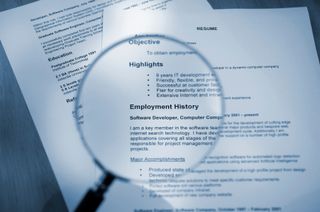 When it comes to finding a job, there are a lot of factors that make or break your chances. The right education, experience, and network can all help sway a potential employer’s decision. But, what about your skills? Hard skills and soft skills are vital when it comes to your job search. And a recent study from Express Employment Professionals reveals exactly what skills and traits employers want.
When it comes to finding a job, there are a lot of factors that make or break your chances. The right education, experience, and network can all help sway a potential employer’s decision. But, what about your skills? Hard skills and soft skills are vital when it comes to your job search. And a recent study from Express Employment Professionals reveals exactly what skills and traits employers want.
The Results Are In
Express has conducted this survey for three years in a row, and integrity, work ethic, and attitude have consistently remained the top traits employers want to see in potential candidates. Traits were ranked on a scale of one to five, with five being the most important, and the results are as follows:
- Work ethic/integrity – 4.5
- Attitude – 4.47
- Credible work history – 3.99
- Specific skills – 3.94
- Culture fit – 3.74
- Job experience – 3.68
- References – 3.28
- Education – 2.44
“Every year now, integrity and attitude have been the two clear winners in this survey,” said Bob Funk, CEO of Express. “Not only can they make or break a job applicant, they can fundamentally alter the work environment.”
Brush Up On Your Skills
Since these traits matter most to employers, it may be time to evaluate how you’re doing when it comes to your work ethic and attitude. Check out these tips to ensure you’re at the top of your game.
How do you show strong work ethic and a positive attitude in your workplace or in interviews? Share with us in the comments section below!
Movin’ On Up is brought to you by Express Employment Professionals.




